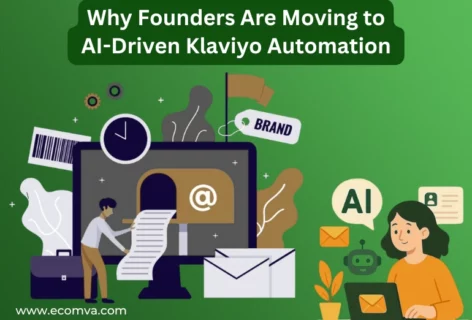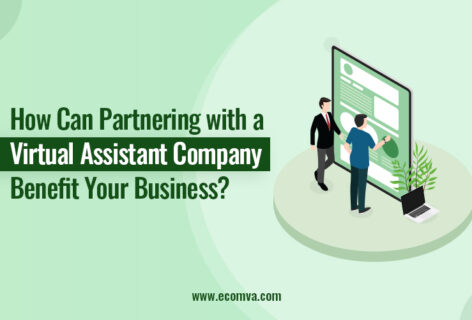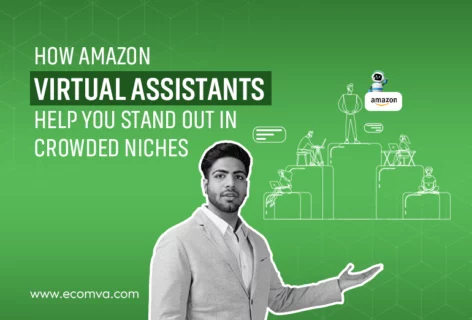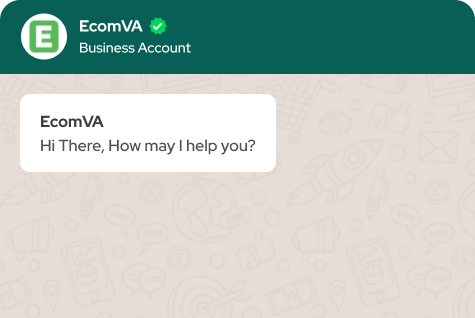The Strategic Way To Use Virtual Assistants For Growth
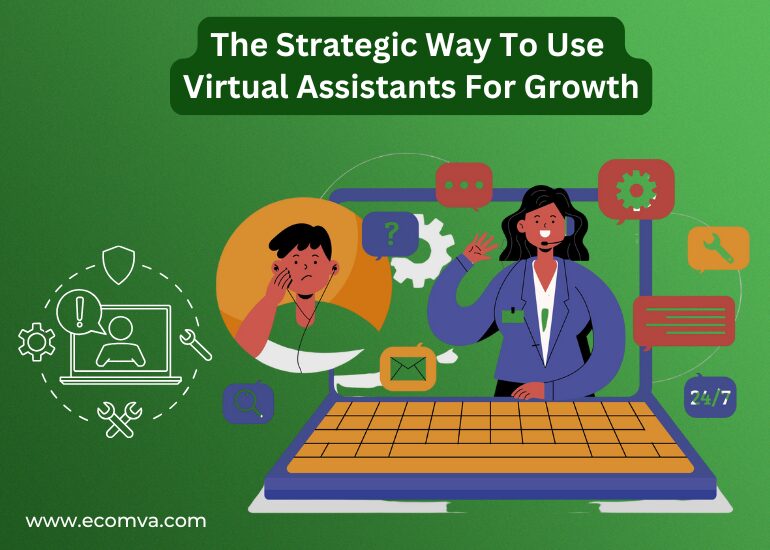
In 2025, delivering results faster with fewer teams and lower operational costs remains the main challenge. However, businesses of all sizes are no longer limiting their options to on-site personnel alone and are considering an external layer for execution. Nowadays, the most straightforward way for many progressive companies to commence operations is to hire virtual assistants support well before any operational bottlenecks occur.
This alteration is not a short-term change but rather a structural transformation—a sizable shift in how growth companies manage their workloads while maintaining strategic bandwidth. Companies that quickly leverage external resources in their operations experience deeper, faster, and even more predictable growth.
Reasons to Hire a Virtual Assistant Early
Entrepreneurs who only consider hiring help when they are overloaded with work have already lost their way when it comes to scaling their business.
A common mistake founders make is treating delegation as a last-minute fix. This is why hiring virtual assistants early helps build structure, reduce pressure, and keep operations running smoothly.
When daily tasks pile up, strategy takes a backseat to constant problem-solving. This is the point at which structured external assistance becomes essential.
Companies that decide to hire a virtual assistants at an early stage are confident that they will not have to outsource in a panic at the last moment. On top of that, they continue to accelerate their growth while internal decision-makers focus on the future rather than maintenance.
Why Should One Hire a Virtual Assistant?
It’s Not About Cost Saving—It’s About Gaining Leverage
The purpose of hiring a virtual assistant should not be “to save money,” but “to get time back.” Work will still be there. VAs can take up the additional work that the founder needed to spend time on. That time becomes free for activities that generate more revenue, such as strategic expansion, pipeline building, or leadership development.
This difference is significant. The main point of handing over is not to cut costs—it is to gain operational leverage.
Exactly, this is the model that EcomVA follows. The company is not a staffing vendor—rather, it is a partner in execution—helping with capacity-building, process structuring, and operational lift.
Before Deciding to Hire, Identify the VA Category
Unclear requirement = Unclear results
When businesses decide to hire a virtual assistant, one key factor for success is clarity. What’s needed is precise delegation — not just handing tasks over broadly.
| VA Type | Best Fit Use Case | Typical Outputs |
|---|---|---|
| Admin / Exec VA | Operational overload | Scheduling, inbox, reporting |
| E-commerce VA | Marketplace / D2C ops | Listings, catalog, inventory |
| Marketing VA | Campaign & CRM operations | Updates, content repurposing, tracking |
| Sales VA | B2B funnel execution | Research, outbound workflow |
| Ops VA | Process-heavy teams | SOPs, handovers, task routing |
It is better to define the outcomes than to list the tasks. Fixing delegation breakdowns usually begins with clearer communication.
How to Build the Right Infrastructure Before Hiring Virtual Assistants?
Infrastructure is the energy multiplier that makes outsourcing actually feasible
Before the decision to hire virtual personal assistant services, firms must fulfill some requirements:
- fully documented routine tasks
- weekly output measures
- communication flow
If these three are present, delegated execution can proceed without problems. On the other hand, if they are not available, no amount of talent will make up for the structural deficits. In reality, companies that treat external workers as extensions of their own units, not as “helpers,” achieve the highest returns on their investments.
This is the main reason why professional firms are so serious about structured onboarding from EcomVA. EcomVA focuses on alignment before action because real effectiveness requires consistency.
Why Skills and Processes Matter More Than Location in Outsourcing?
Currently, skill and process readiness are more important than physical proximity.
Some companies decide to hire a virtual assistant in the USA to facilitate communication due to the similar time zones. On the other hand, some choose skilled professionals worldwide to get the best of both worlds—lower costs and high performance. Both are correct. The question here is: what is more important —the zip code or the execution model?
Outsourcing becomes a dangerous game when it is done without proper planning. When proper onboarding is in place, location no longer matters.
The ROI Logic
Using external help multiplies your impact, so it should be seen as an investment, not a cost.
Imagine the scenario: a founder assesses their time at $60/hour and, daily, spends 4 hours on non-strategic activities, such as repetitive tasks. The company’s consequence is $240/day in lost strategic value creation.
The VA’s structured support removes this obstacle.
Outsourcing with experienced virtual personal assistant services is a strategic move, not just an optional expense.
What Professional Implementation Looks Like
One of the advantages of hiring a virtual assistant is that it brings stability and thereby predictable output.
When organizations hire virtual assistants talent via EcomVA, companies get:
- time-block accountability
- transparent weekly deliverables
- documented handovers
- domain-specific execution
How to Prepare for Onboarding?
Three preparatory steps can significantly speed up the time-to-output:
- Spot the repetitive tasks
- Create lead indicators of “done correctly”
- Set up a weekly 30-minute alignment sync
Companies that complete these steps usually improve significantly within 3–7 working days of onboarding.
Why This Model Matters in 2026
Today’s operations are asynchronous, global, and distributed by default.
2026 is not a future concept—it is the current reality. With small, modular teams, relying on full-time on-site staff is becoming inefficient. Companies that add external support gain speed, flexibility, and better resource use. EcomVA helps businesses make this shift smoothly, building scalable systems without the chaos of rapid growth.
Final Thoughts
The growth ceiling is primarily dependent on operational capacity, not ideas.
Most ventures fail because of execution pressure, not poor vision. Those who bet on capacity early thereby secure their upside.
When organizations hire a virtual assistant, they are not delegating but are multiplying capacity. They are thus turning a single labor input into shared execution power. By partnering with a structurally execution-first firm like EcomVA, they attain process maturity, speed, and scaling benefits.
FAQs
1. How fast can a VA deliver value?
A VA can start delivering value within 3–7 working days after the structure and processes have been properly set up.
2. Should companies start small or large?
It’s best to start small. Begin with a manageable workload and scale up as your needs and processes become more defined.
3. Which tasks should transfer first?
Start by transferring routine, well-documented, and repeatable tasks. This ensures a smoother handover and helps establish a solid workflow.
4. Is remote delegation risky for alignment?
The risk only exists when clarity is missing. With structured communication and clear expectations, alignment with a remote VA is highly reliable.
5. Which industries see the fastest lift from VAs?
E-commerce, agencies, coaching, consulting, and SaaS businesses see the quickest gains — especially when strategic leaders are handling too much operational work.


